
Debt is the worst poverty
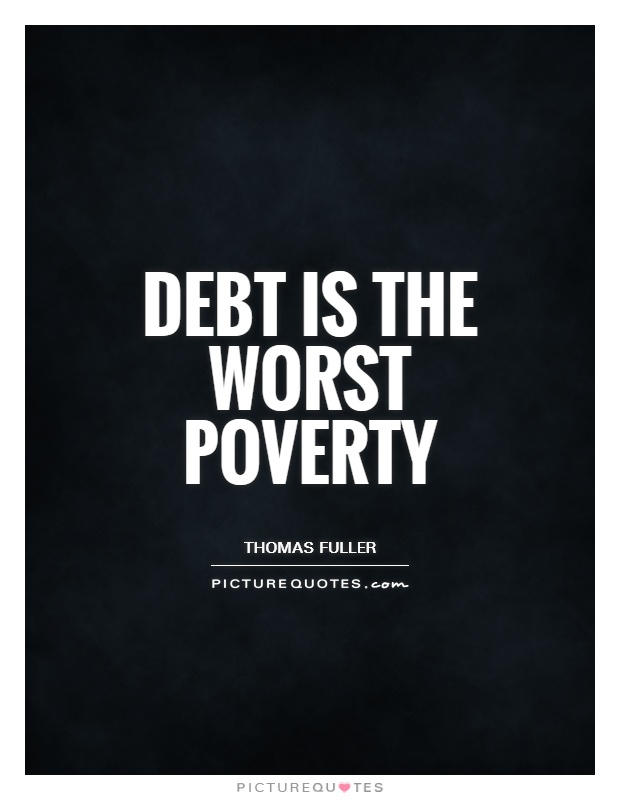
Debt is the worst poverty
Thomas Fuller, a 17th-century English churchman and historian, once famously said, "Debt is the worst poverty." This statement holds true even in today's modern society, where the burden of debt can weigh heavily on individuals and families, leading to financial instability and stress.Debt can be a vicious cycle that traps individuals in a never-ending cycle of borrowing and repayment. When someone is in debt, they are essentially living beyond their means, relying on borrowed money to cover their expenses. This can lead to a cycle of borrowing more money to pay off existing debts, creating a snowball effect that can quickly spiral out of control.
The consequences of debt can be severe, impacting not only a person's financial well-being but also their mental and emotional health. The stress of constantly worrying about how to make ends meet and pay off debts can take a toll on a person's mental health, leading to anxiety, depression, and other serious issues.
Furthermore, debt can also limit a person's ability to achieve their long-term financial goals. Whether it's buying a home, starting a business, or saving for retirement, being burdened by debt can make it difficult to save and invest in the future. This can lead to a cycle of poverty that is difficult to break out of.
In today's society, where consumerism and materialism are rampant, it can be easy to fall into the trap of accumulating debt in order to keep up with the latest trends and lifestyles. However, as Thomas Fuller wisely pointed out, debt is not a solution to poverty – in fact, it can often exacerbate it.
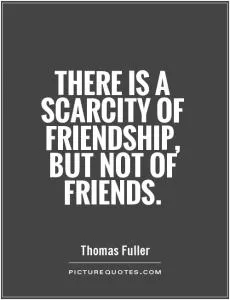
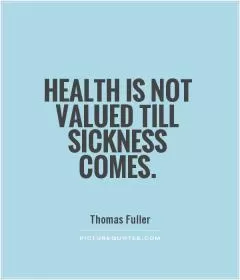

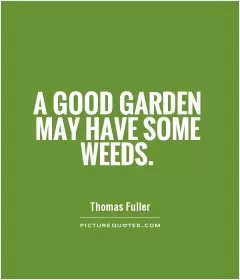

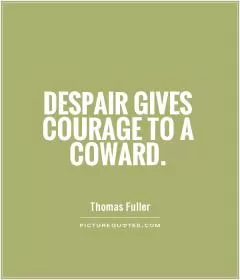






 Friendship Quotes
Friendship Quotes Love Quotes
Love Quotes Life Quotes
Life Quotes Funny Quotes
Funny Quotes Motivational Quotes
Motivational Quotes Inspirational Quotes
Inspirational Quotes